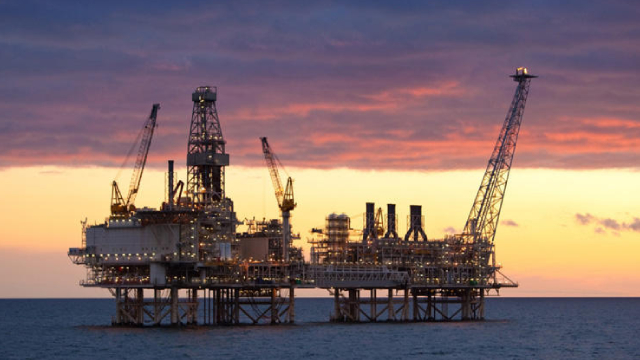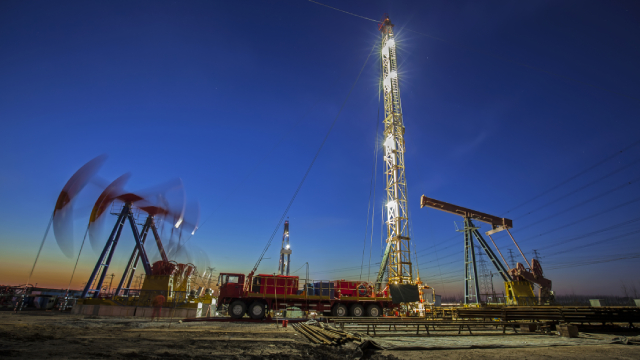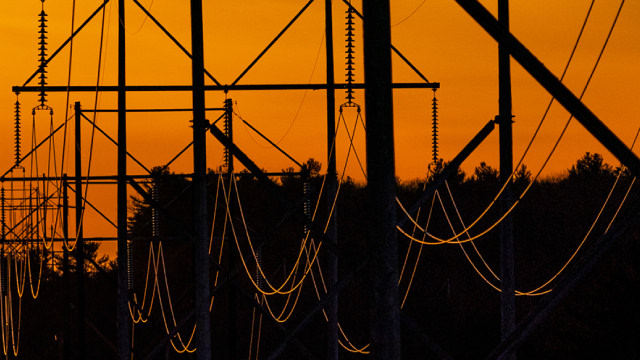COP Stock Recent News
COP LATEST HEADLINES
Coincident to the June 5, 2025 annual launch of their Fortune 500, Fortune also partnered with Indiggo to measure Return On Leadership, called the ROL100. Arnold research focused on those 100 using YCharts 6/6/25 data on Dividends from 78, which hereafter are referred to as the Fortune Return on Leadership Dividend Dogs (FROLD). ReturnOnLeadership is based on four fundamental factors: Connection to Purpose, Strategic Clarity, Leadership Alignment, and Focused Action.
High-yield stocks with strong balance sheets and growth profiles are rare. I share two of these opportunities here. Both of these opportunities issue 1099 tax forms.
The Schwab U.S. Dividend Equity ETF (SCHD 1.26%) is one of the most popular dividend exchange-traded funds (ETFs) you can buy. But this fairly complicated product can also help investors who prefer to buy individual stocks, which is a function of the screening process used.
ConocoPhillips' transformative Marathon Oil acquisition and operational excellence drive strong results despite weak oil prices, showcasing resilience and efficiency. The company's low breakeven costs, diversified global portfolio, and LNG expansion position it for long-term growth and stability. Shareholder returns remain robust through increased dividends and aggressive buybacks, supported by solid free cash flow and a healthy balance sheet.
Key Points A “more is better” approach can help you diversify your portfolio while generating passive income. Five fascinating funds will tempt income seekers with potent yields and strong growth prospects. Are you ahead, or behind on retirement? SmartAsset’s free tool can match you with a financial advisor in minutes to help you answer that today. Each advisor has been carefully vetted, and must act in your best interests. Don’t waste another minute; get started by clicking here.(Sponsor) Stock picking is fine, but exchange traded funds (ETFs) can enable immediate diversification without sacrificing growth and income opportunities. By selecting multiple funds instead of just one, you can achieve an extra measure of safety while also turning your portfolio into a veritable income-generating machine. The idea is to pick out ETFs with notable distribution yields (i.e., annualized cash payment percentages), but also to focus on a wide variety of funds with share-price grow
In the not too distant past, a focus on dividends was considered the province of retirees and conservative investors who shied away from market volatility. Taking risks with high flying tech stocks led to dramatic gains during bull markets, but their whipsaw corrections before climbing to new highs were not for the faint of heart. The bull market of the past decade has concurrently led to the exponential proliferation of the FIRE (Financial Independence Retire Early) ethos, especially among young people. The DIY mindset, the rise of cryptocurrencies, and the spread of one click stock buying platforms from RobinHood and others have contributed to the rise of FIRE. Since it strategizes a strong work ethic, aggressive investing, a thrifty lifestyle, and an independent control over one’s retirement as the path towards a wealthy and happy post-employment life, FIRE devotees have built a movement among Millennials and Gen-Z. Too young to have experienced the dotcom bust of the 1990s, the p
It is rare to find 9%+ yielding dividend growth stocks that would qualify as blue chips. However, today, Mr. Market is offering several of them. We share two that are attractive buys on the dip.
COP wraps seabed surveys in Australia's Otway Basin, paving the way for 2025 drilling as KNOC joins its domestic gas exploration drive.
Owning high-yielding dividend stocks can be a great way to generate passive income. However, there's one big caveat.
Shares of ConocoPhillips (COP 0.32%) have sunk almost 30% over the past year. The primary factor weighing on its stock has been falling oil prices.








